Your cart is currently empty!
Tag: Sustainable Practices
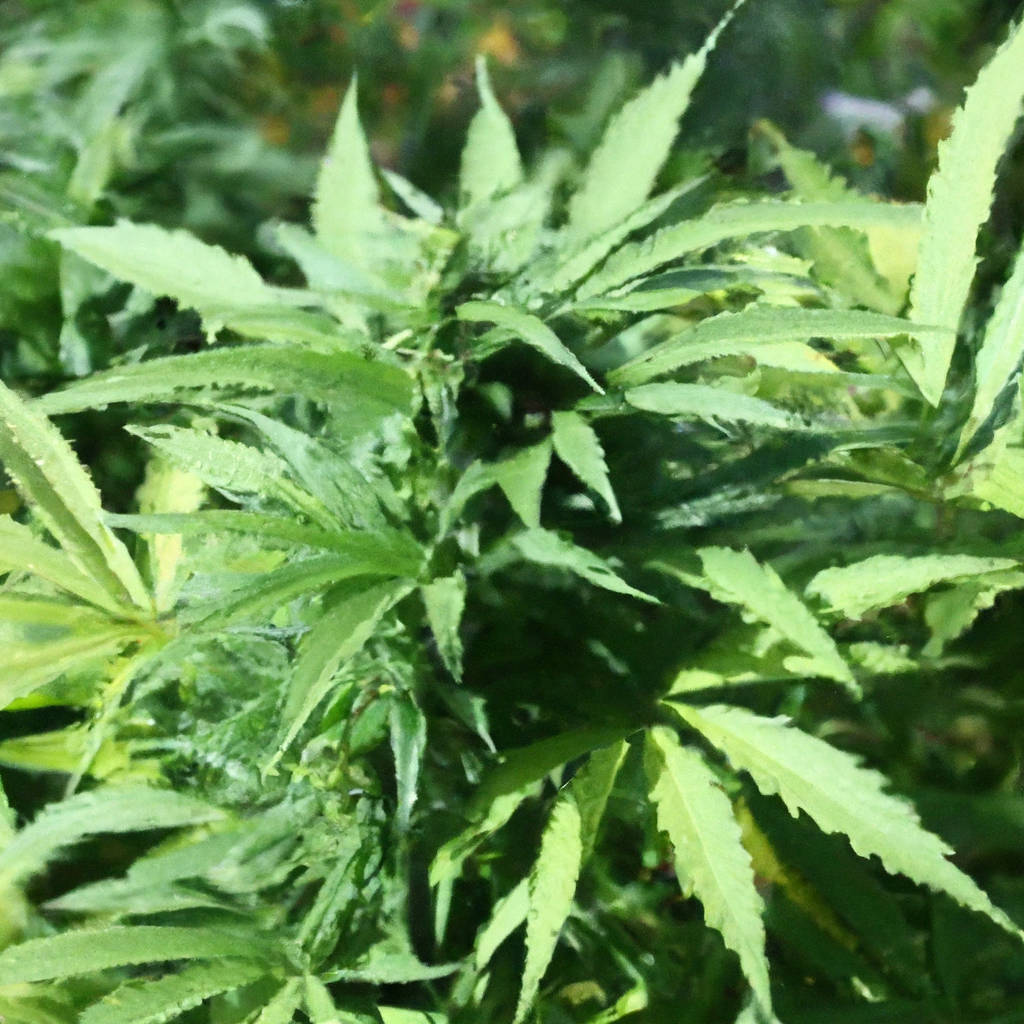
As the cannabis industry expands, interest in sustainable and organic cultivation methods grows. Organic cannabis cultivation focuses on consumer health and environmental sustainability. Key practices include building a healthy soil ecosystem with compost, mulch, and cover crops; using natural fertilizers like manure, seaweed extract, and bone meal; employing natural pest control with beneficial insects, neem…
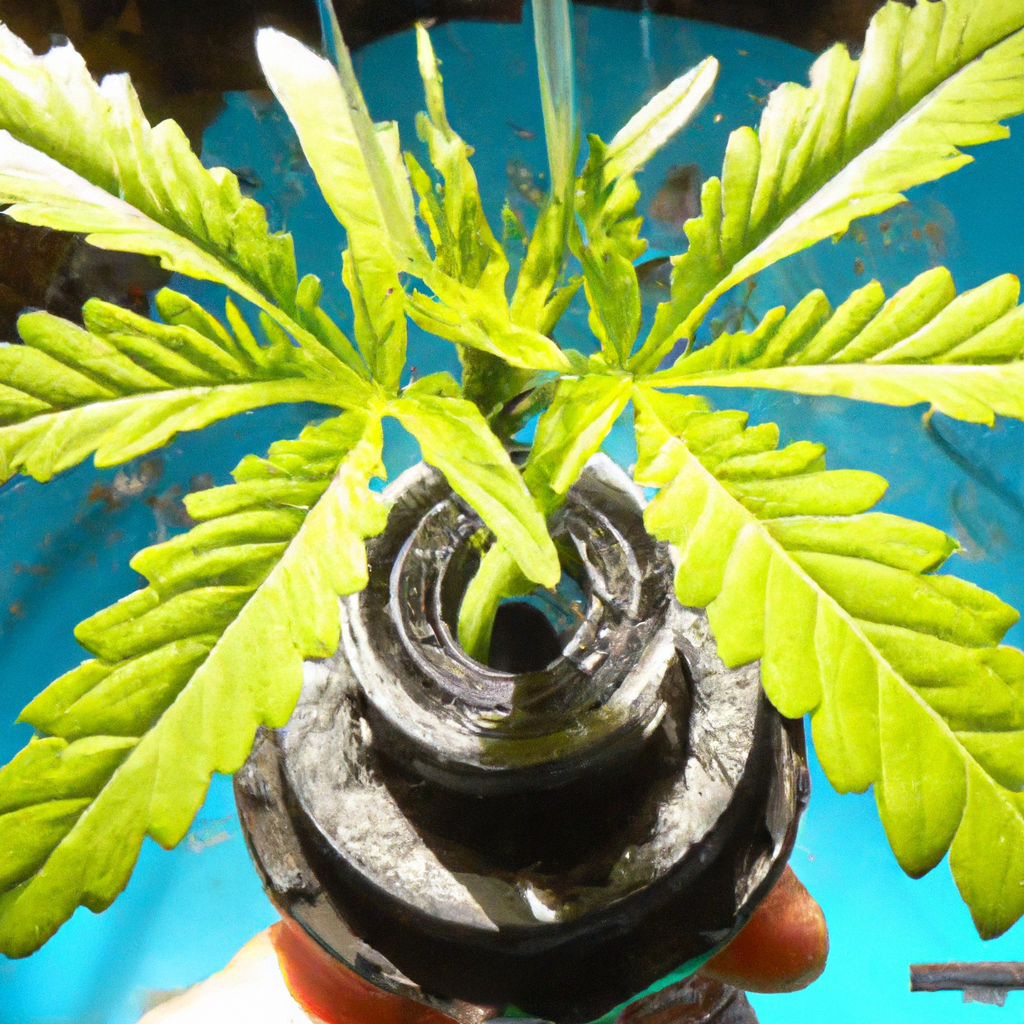
Discover the cutting-edge method of aeroponics in cannabis cultivation, a soil-less technique offering numerous advantages. By delivering nutrients via a fine mist, this system promotes rapid growth and resource efficiency while allowing precise environmental control. Learn about setting up an aeroponic system, the selection of ideal strains, and maintenance tips. Compare aeroponics to traditional soil…
Organic cannabis cultivation focuses on using natural fertilizers, compost, and sustainable practices to produce high-quality, environmentally friendly cannabis. By building healthy soil ecosystems with compost, cover crops, and mulch, and nurturing plants with natural fertilizers like bone meal and fish emulsion, growers can enhance plant vitality. Natural pest control methods, such as companion planting and…
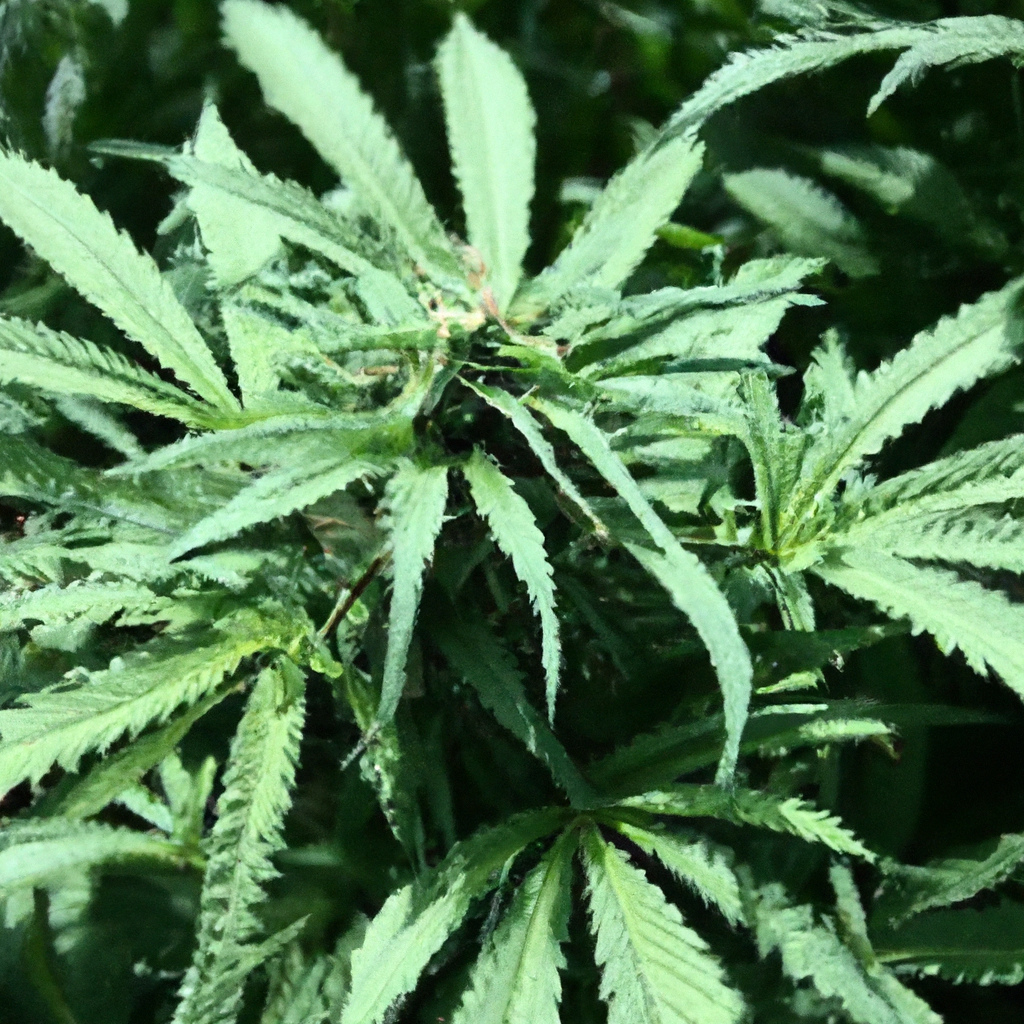
More cannabis cultivators are turning to organic methods, utilizing nature’s resources for healthier plants and eco-friendly growth. Organic cultivation involves sustainable strategies like using natural fertilizers and composting to build healthy soil ecosystems. Integrated pest management (IPM) strategies, such as introducing beneficial insects and using neem oil, offer effective natural pest control. Sustainable practices, including…
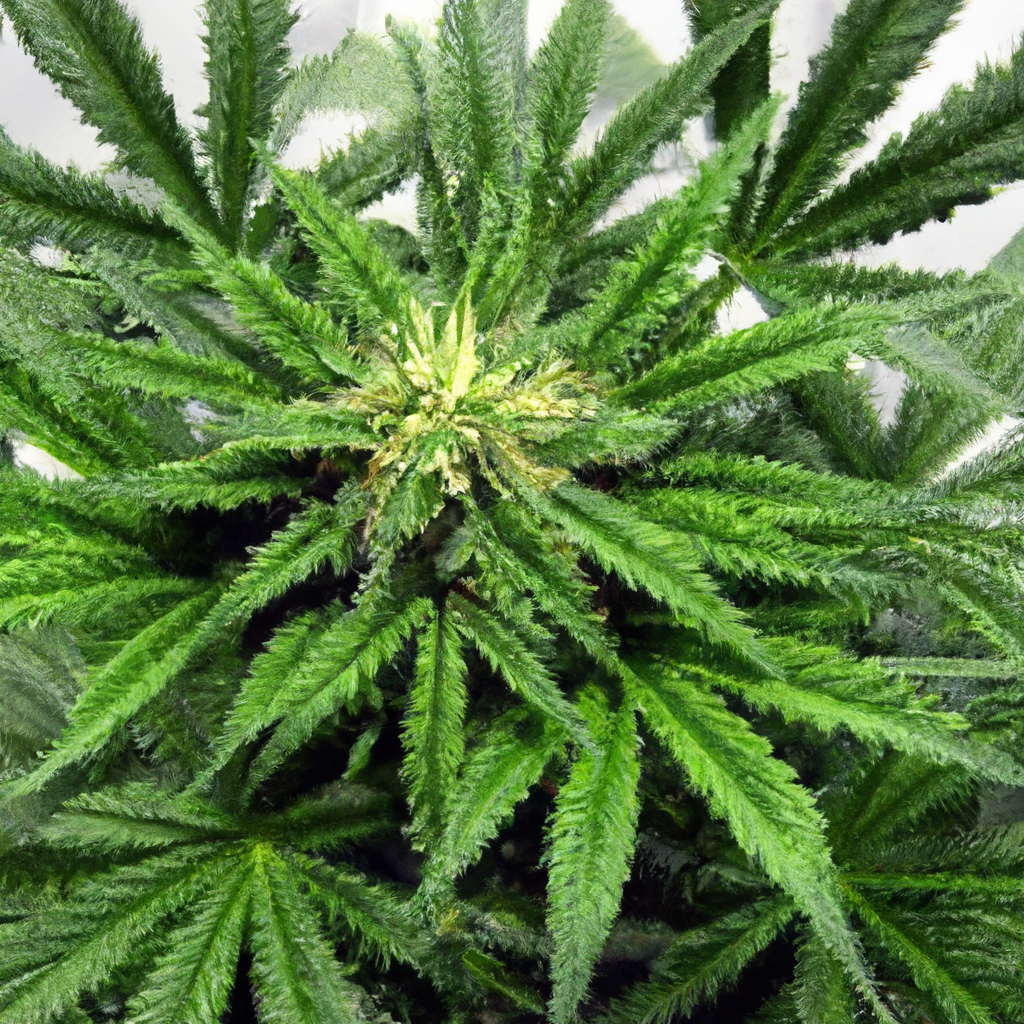
Growing cannabis involves challenges, particularly pest prevention. Understanding common pests such as spider mites, aphids, and whiteflies is crucial. Employ natural prevention techniques like companion planting, introducing beneficial insects, and using diatomaceous earth to reduce chemical use. Maintaining plant health through proper nutrient management, regular monitoring, and keeping a clean environment enhances resistance to infestations.…
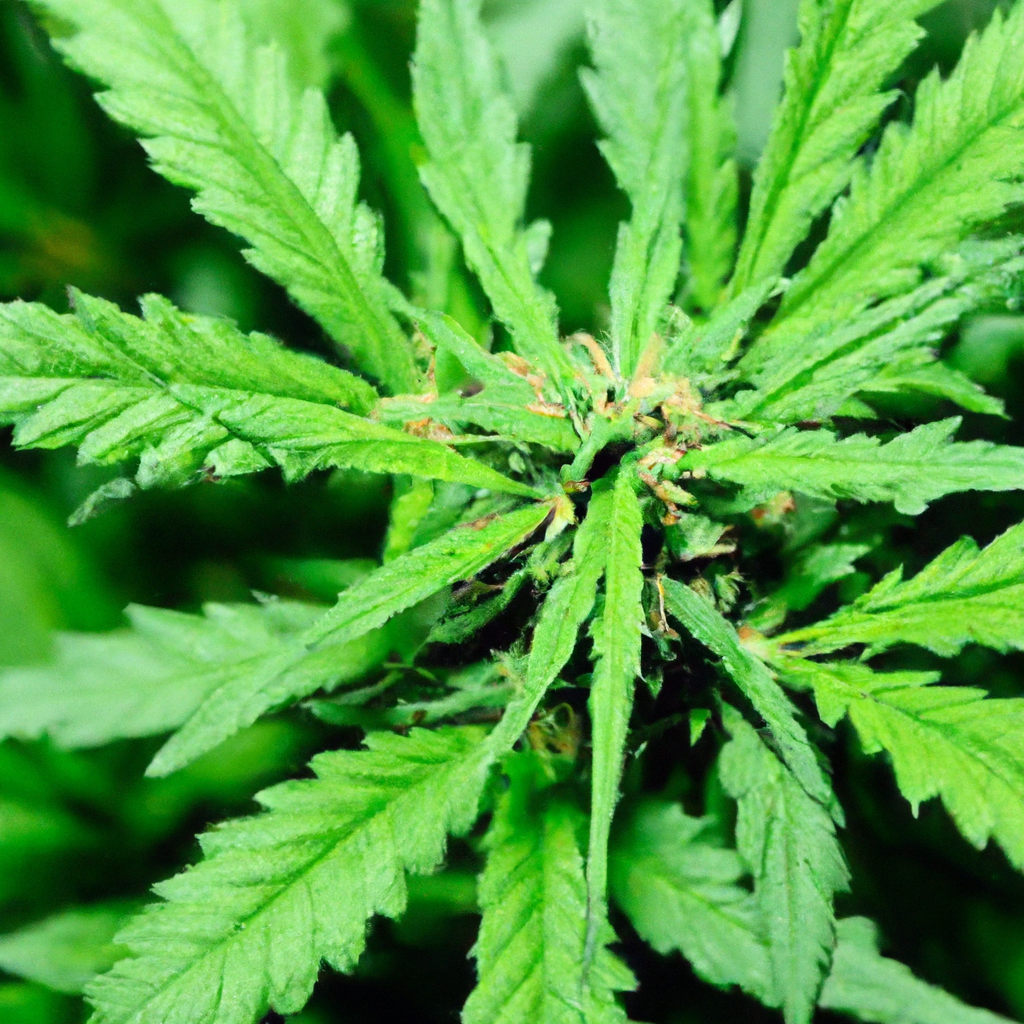
Cannabis cultivation benefits from the use of natural fertilizers to optimize growth and maintain plant health. This article details the advantages of organic materials such as compost, worm castings, fish emulsion, and bat guano, and provides practical application tips to enhance soil fertility naturally. While these fertilizers boost soil health and support sustainable growth, managing…
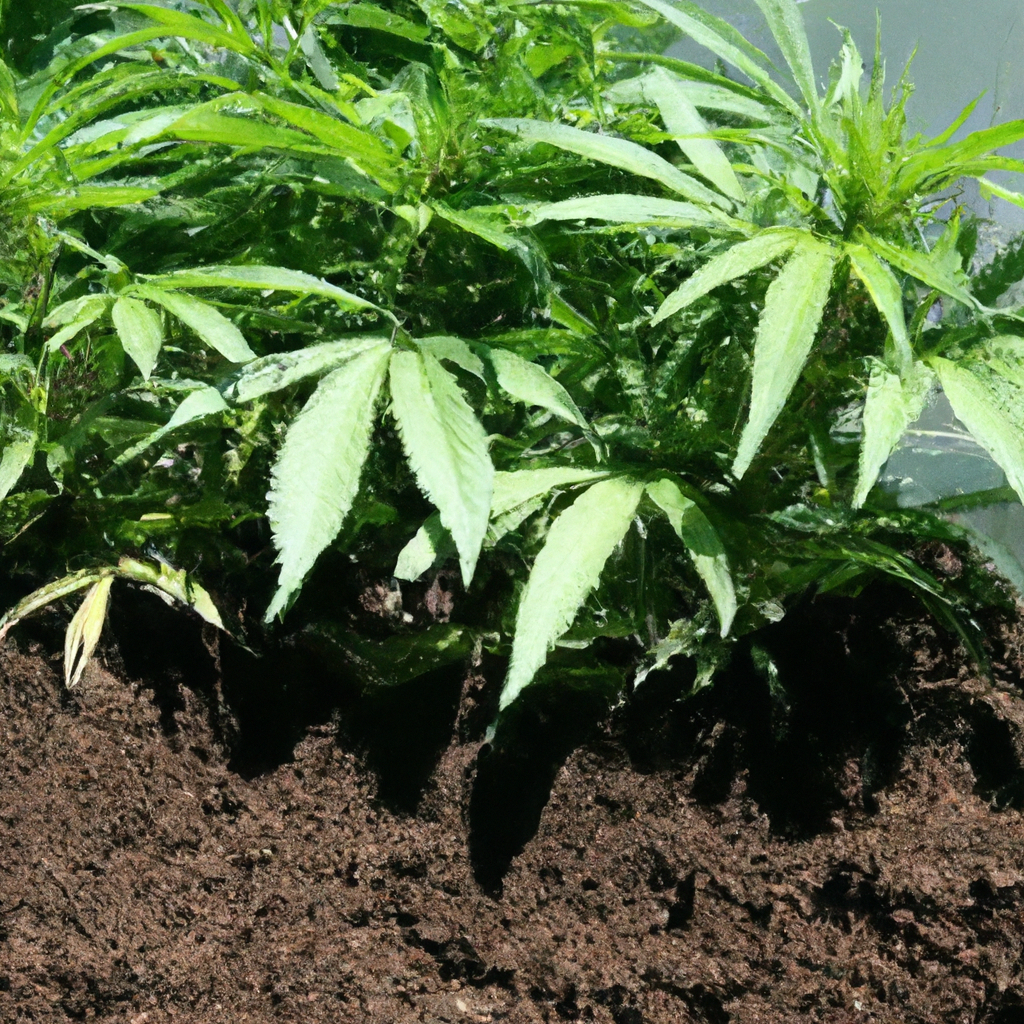
Organic cannabis cultivation embraces sustainability and health, focusing on natural fertilizers, compost, and eco-friendly pest control to nurture thriving soil ecosystems. Key practices include using compost and organic matter, mulching, and employing cover crops for enhanced soil structure and fertility. Natural fertilizers like vermicompost, bone meal, and guano provide essential nutrients without disrupting ecological balance.…
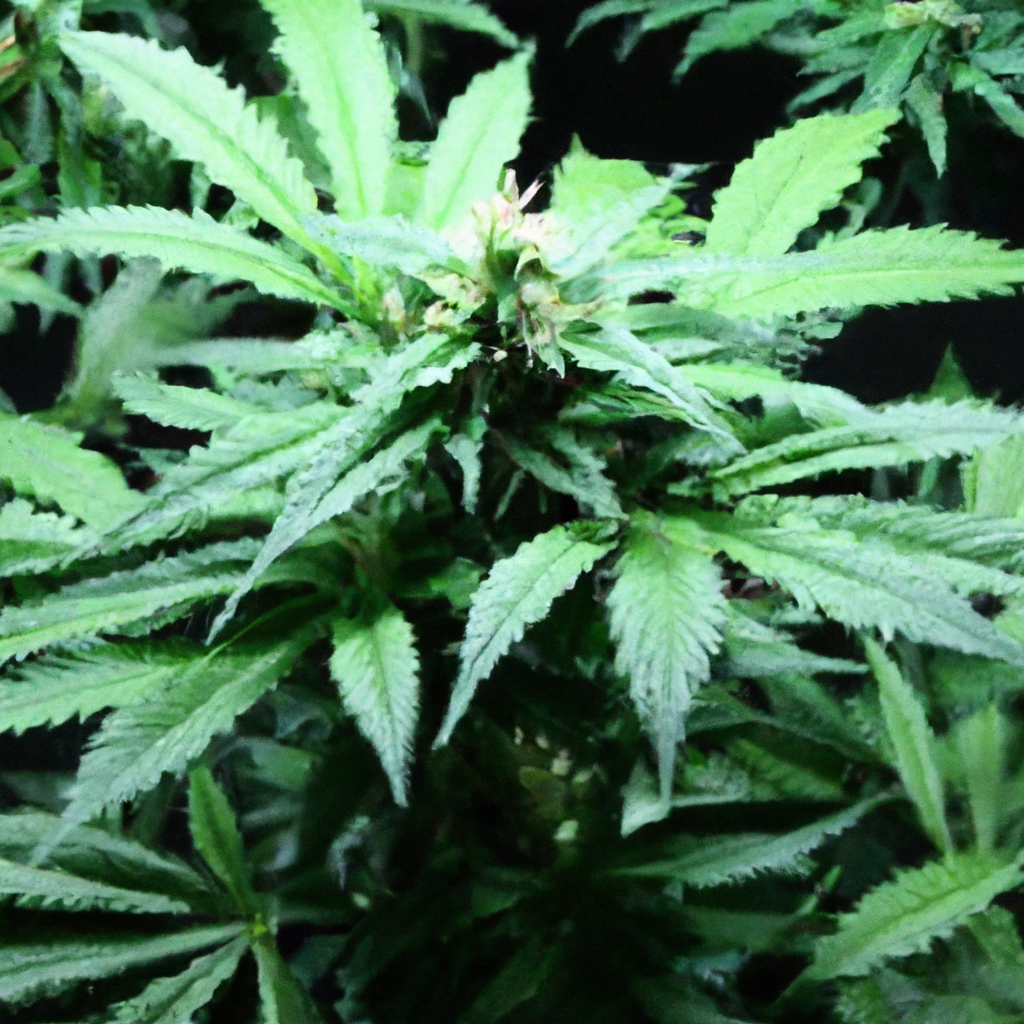
The ever-evolving world of cannabis cultivation presents innovative techniques to boost yield and quality. This blog explores effective methods like hydroponics, which offers faster growth, water conservation, and reduced pest issues through soil-free cultivation. LED lighting optimizes exposure with energy efficiency, customizable spectrums, and durability. Sustainable practices enhance environmental impact, involving compost, companion planting, and…
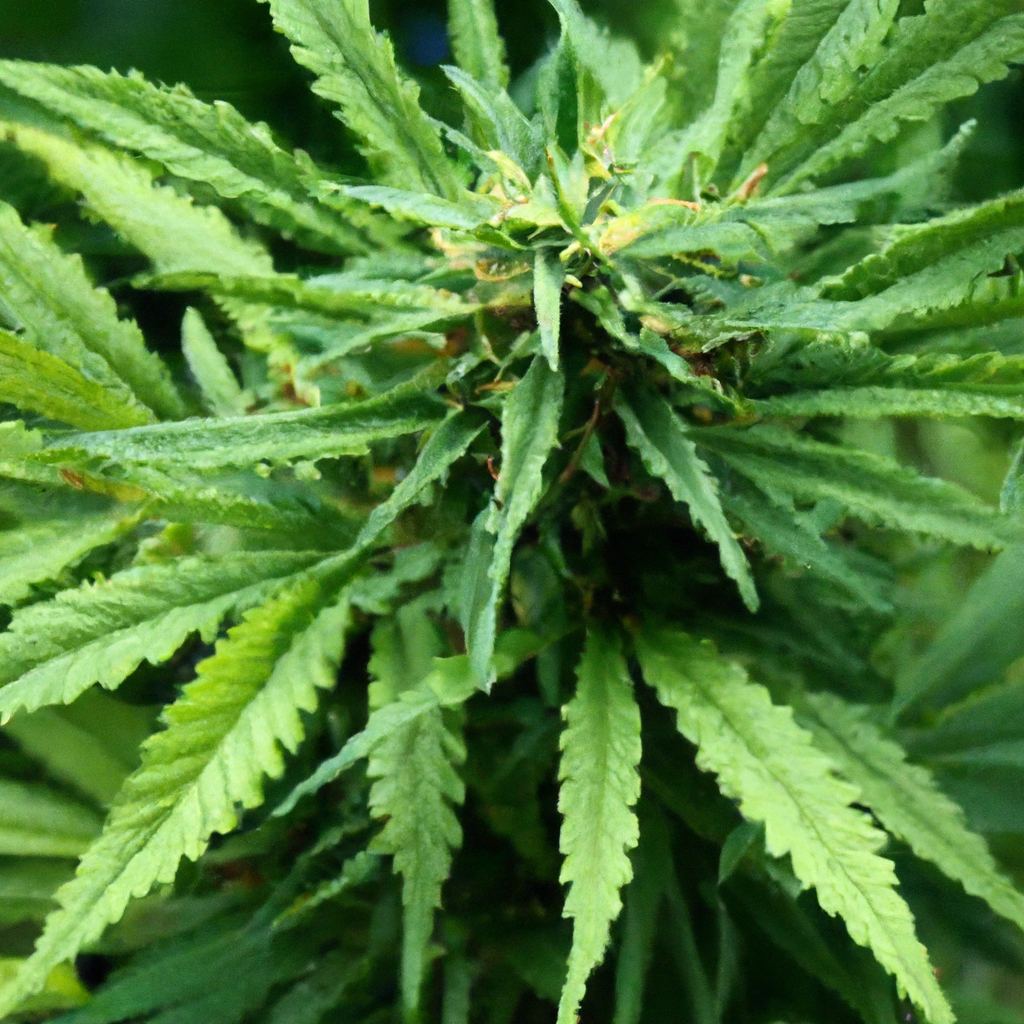
As cannabis becomes mainstream, consumers are turning to organic cultivation for a greener planet and superior user experience. Organic cannabis, grown without synthetic fertilizers or pesticides, offers health benefits, environmental sustainability, and enhanced flavors. By using organic soil, natural pest control, and organic nutrients, growers contribute to healthier ecosystems. With a growing demand, organic practices…
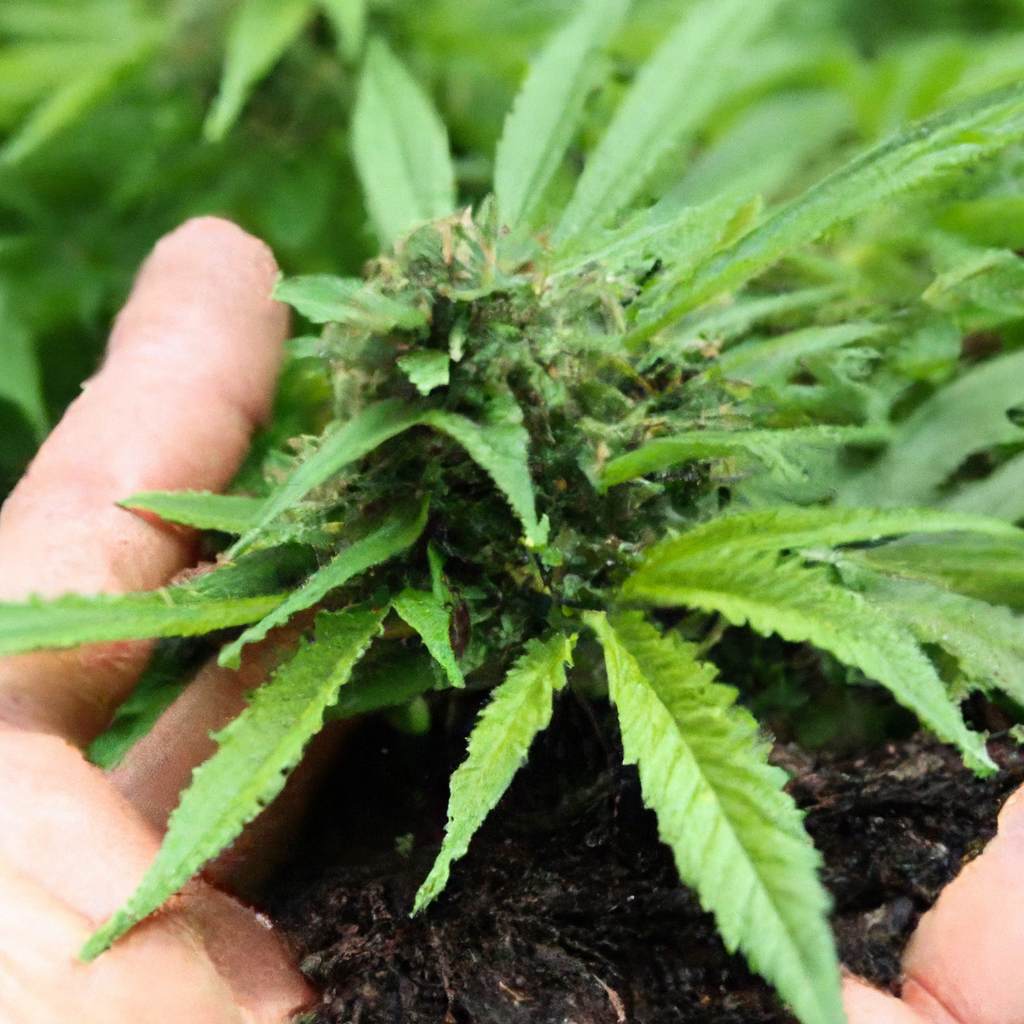
In the pursuit of sustainable cannabis cultivation, organic methods stand out by prioritizing natural fertilizers, composting, and eco-friendly pest control. Building a healthy soil ecosystem is foundational, utilizing composting, beneficial microbes, and crop rotation to enhance soil fertility. Avoiding synthetic chemicals, employing natural pest control, and using organic mulch improve plant and ecosystem health. Sustainability…
